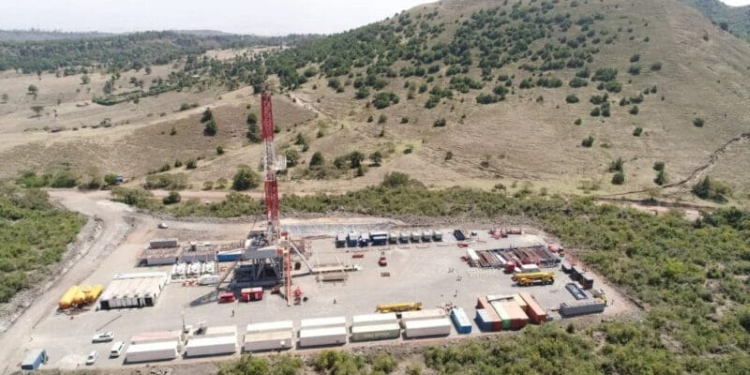
According to the AfDB, this financing will complement existing facilities to mitigate the high risk associated with drilling activities and help attract commercial debt capital to finance the project. “This financing is expected to inspire other private sector-led geothermal projects in East Africa that have struggled to raise capital for drilling,” the AfDB says.
Financing Geothermal Drilling
The special purpose company TMGO is owned by a consortium of Meridiam, a French company specializing in the development, financing and management of infrastructure projects, and Reykjavík Geothermal, a geothermal energy company based in Iceland.
“SEFA will play a key role in supporting the assessment and development of geothermal resources, which is the riskiest phase of the project. It will catalyze investments in Ethiopia’s first private power plant to pave the way for more public-private partnerships (PPPs) in the country’s energy sector,” says João Duarte Cunha, SEFA’s director. TMGO, which operates the Tulu Moye geothermal site, has already contracted Kenya Electricity Generating Company (KenGen) to drill its boreholes.
CIF Support
The contract signed between the Kenyan company and TMGO stipulates that KenGen will drill ten production wells and two injection wells. The company will also build a gathering and injection system for a water-cooled condensing steam plant with a capacity of 50 MW. The electricity generated at the site will be fed into the grid via a 230 kV substation and a 230 kV transmission line from Koka to Wakena.
Full implementation of the 1st phase of the Tulu Moye geothermal project will require an investment of $260 million. Nearly 2 years ago, TMGO secured $10 million in funding from the Clean Technology Fund (CTF), a multi-donor fund of the Climate Investment Funds (CIF) of which the AfDB is one of its implementing agencies. The Tulu Moye geothermal project is also supported by the United States Trade and Development Agency (USTDA).
